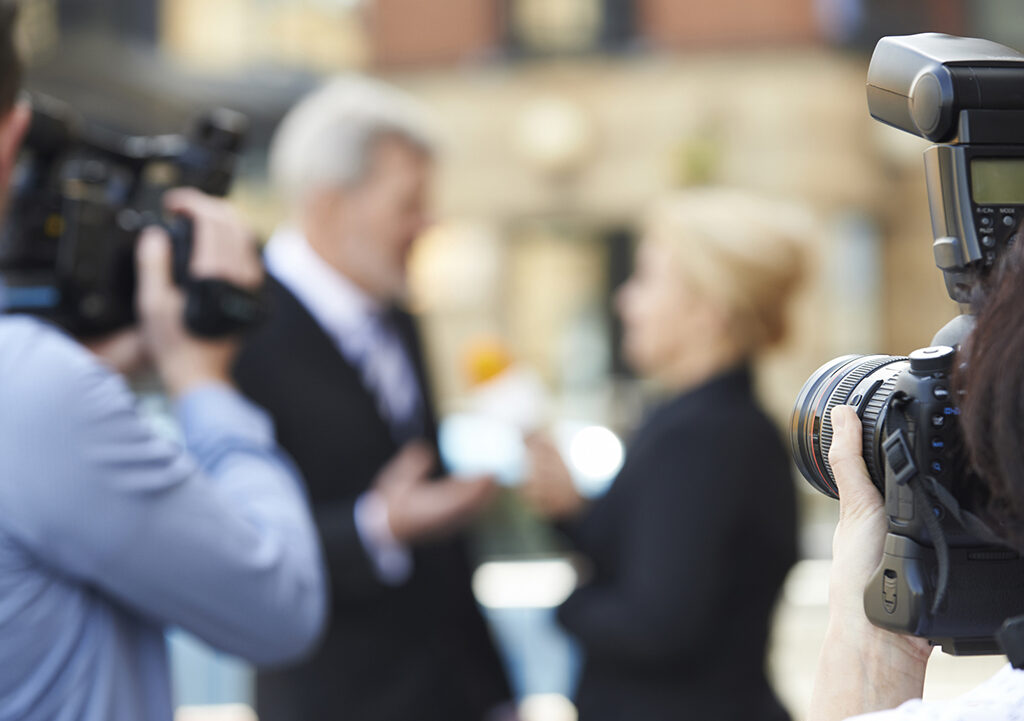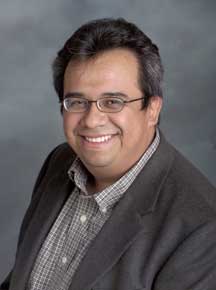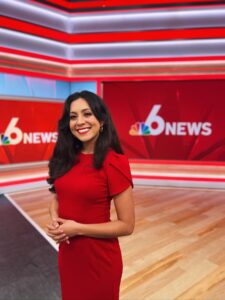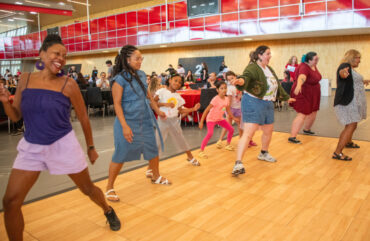
Media Contact: Carmen Ramos Chandler, carmen.chandler@csun.edu, (818) 677-2130
As coverage of the race for president of the United States continues to escalate, California State University, Northridge journalism professor José Luis Benavides urged members of the news media to remember the vital role they play in the contest.

“The role of the media, ideally, in a system like ours, is to provide the citizens with the information that they need to make reasonable decisions about any particular election,” said Benavides, a media studies scholar in the CSUN’s Mike Curb College of Arts, Media, and Communication. “But since the early stages of media studies, there has always been a debate about whether the media are applying that concept to politics? Or is it really the politicians that are driving media coverage? It becomes a question of who is setting the agenda.
“But more recently,” he continued, “media coverage has been less about covering the issues that are important to people, but more about the spectacle.”
He pointed out that while there are six people currently vying to be the next president of the United States, the media has devoted most of its coverage to two of the candidates, Joe Biden and Donald Trump, with nominal attention being paid to a third, Robert F. Kennedy Jr., and almost none to Jill Stein, Cornel West and Chase Oliver.
With their focus narrowed onto a “horse race” of only two candidates, Benavides said, the media have also slipped into covering issues identified as important by the presidential campaigns, not necessarily important to the people.
“The media should be talking about what it is that these candidates stand for and what the impact their proposed policies will have on the population,” he said. “They should be trying to remove the rhetoric and misinformation that many candidates do provide while they are running for election. Instead, they should be trying to provide the public with information that is accurate and gives voters a sense of what the candidates stand for.”
Instead, Benavides said, many media members are covering “events” staged by politicians about what they think will get them elected, rather than what may have direct impact on the lives of voters.
“It’s the idea of the spectacle,” he said. “Optics can drive certain issues to the top of news coverage, even if they really aren’t the most important issues for voters. Today, it’s about the clicks and ratings, not important issues.”
He cited the topic of immigration as an example.
“Immigration really shouldn’t be a big issue in a presidential race because it is not that significant when compared to other issues that are significant to then population such as the cost of living, healthcare, wages, the cost of housing and rising rents,” Benavides said. “But it becomes an issue because of political activity by governors and others. It becomes a form of spectacle.
“The governor of Texas is very effective in creating events that draw cameras, claiming he is expecting an invasion at any movement, when the reality is quite the opposite,” he continued. “And as a result, immigration becomes an election issue, not affordable housing, affordable healthcare or how we are going to mitigate the impact of climate change.”
This type of coverage, he said, can exacerbate the divisions that exist across the country.
“If you talk to anybody, regardless of party, they’ll talk about the rising prices of groceries,” he said. “They can’t afford homeowners insurance anymore. Housing costs are going through the roof. Their wages aren’t keeping pace with inflation, even if inflation is holding steady or going down. By covering the rhetoric, the spectacle, instead of the issues that truly matter to people, the media play into the fears that certain segments of society have, and that politicians play on, that they are somehow ‘missing out’ on something that they feel entitled to.”
Benavides noted that covering the presidential election can be a challenge for many media organizations, where a focus on the bottom line has led to downsized newsrooms, and a lack of diverse voices means that not all perspectives are taken into consideration in story coverage.
“Mainstream news organizations have lost a lot of human power that made more comprehensive coverage possible,” he said. “But at the same time, you see increased coverage in social media of the election, which provides different perspectives and sources of information, as well as opinion that can reflect partisan interests. I think social media is going to play an even more important role in this election than it did in 2016.”
If voters want to get information beyond the “spectacle,” Benavides said they are going to have to do some work, “but it is out there.”
“Some laid off journalists have continued their work elsewhere, including podcasts,” he said. “But now, instead of the news coming to them, it has become more incumbent upon a voter to do the work to find the information about how various candidates stand on the issues that are truly important to them.”




Comments are closed.